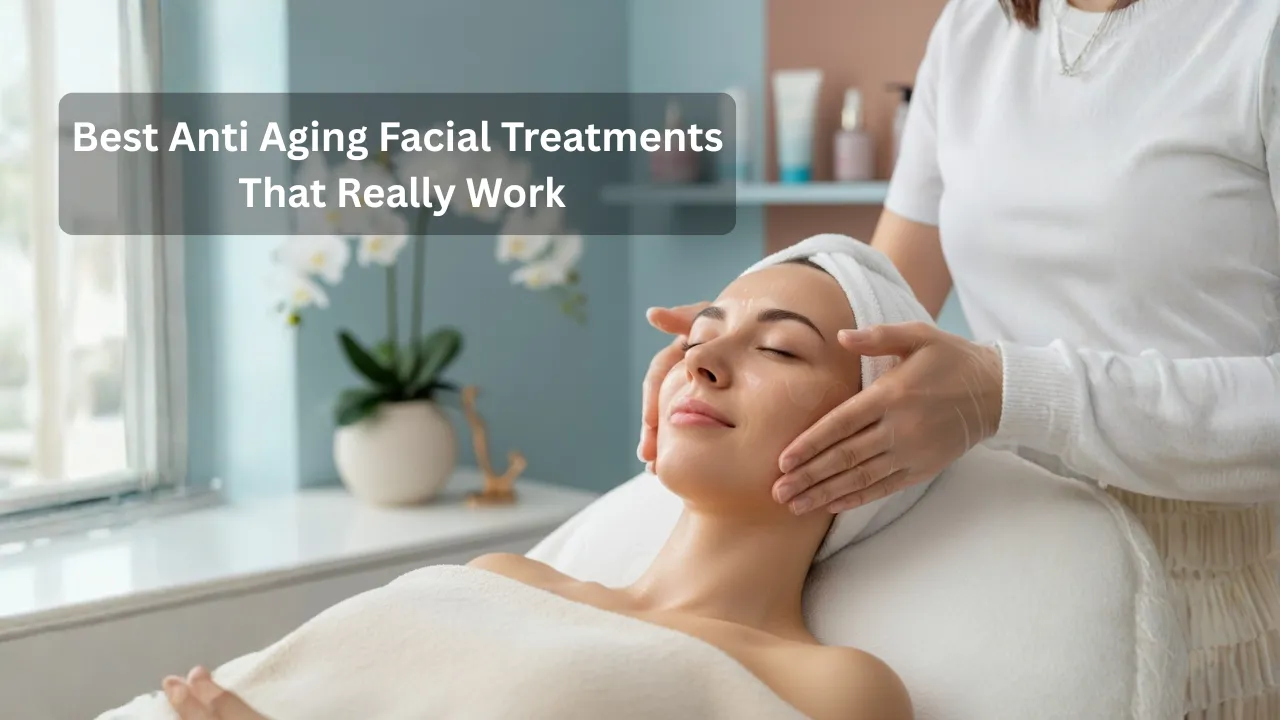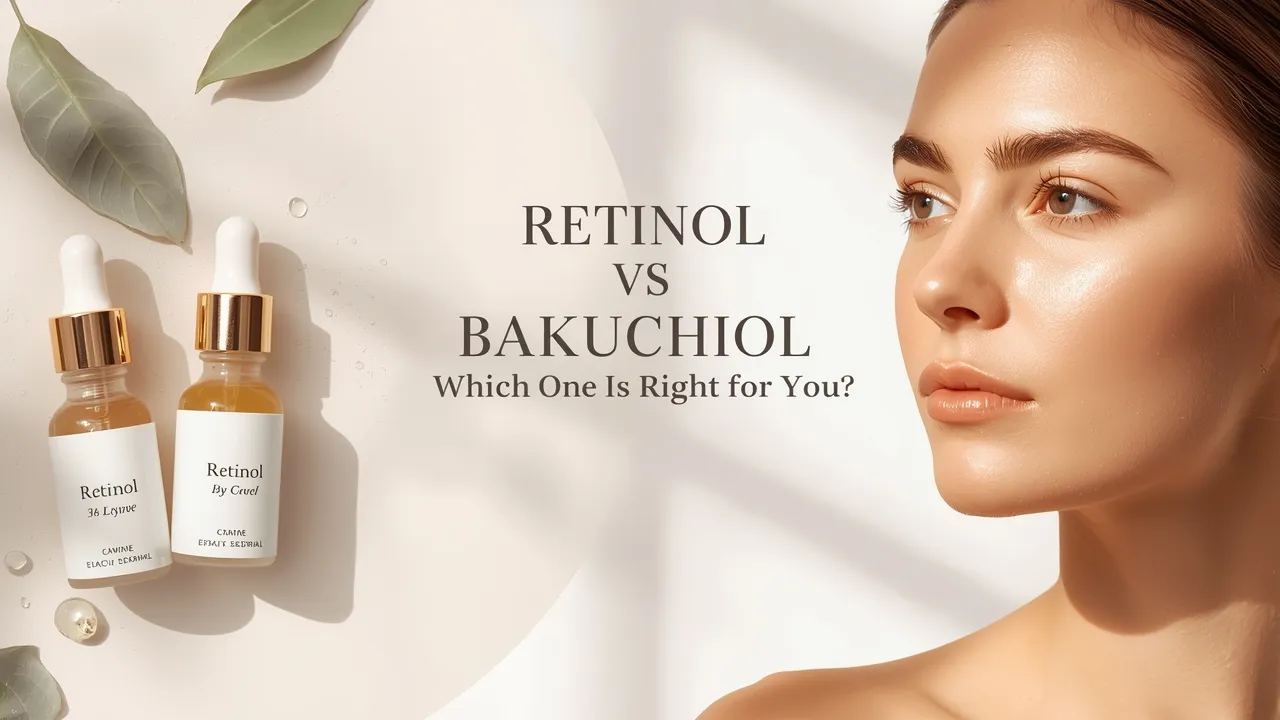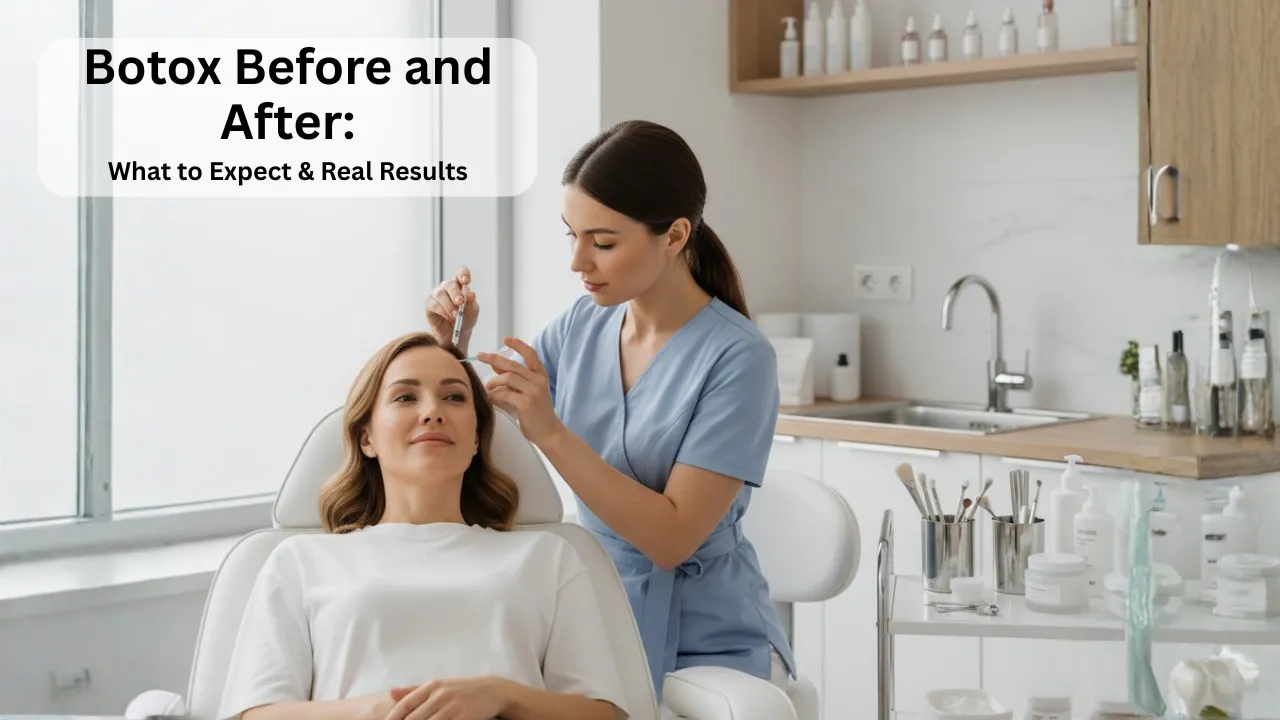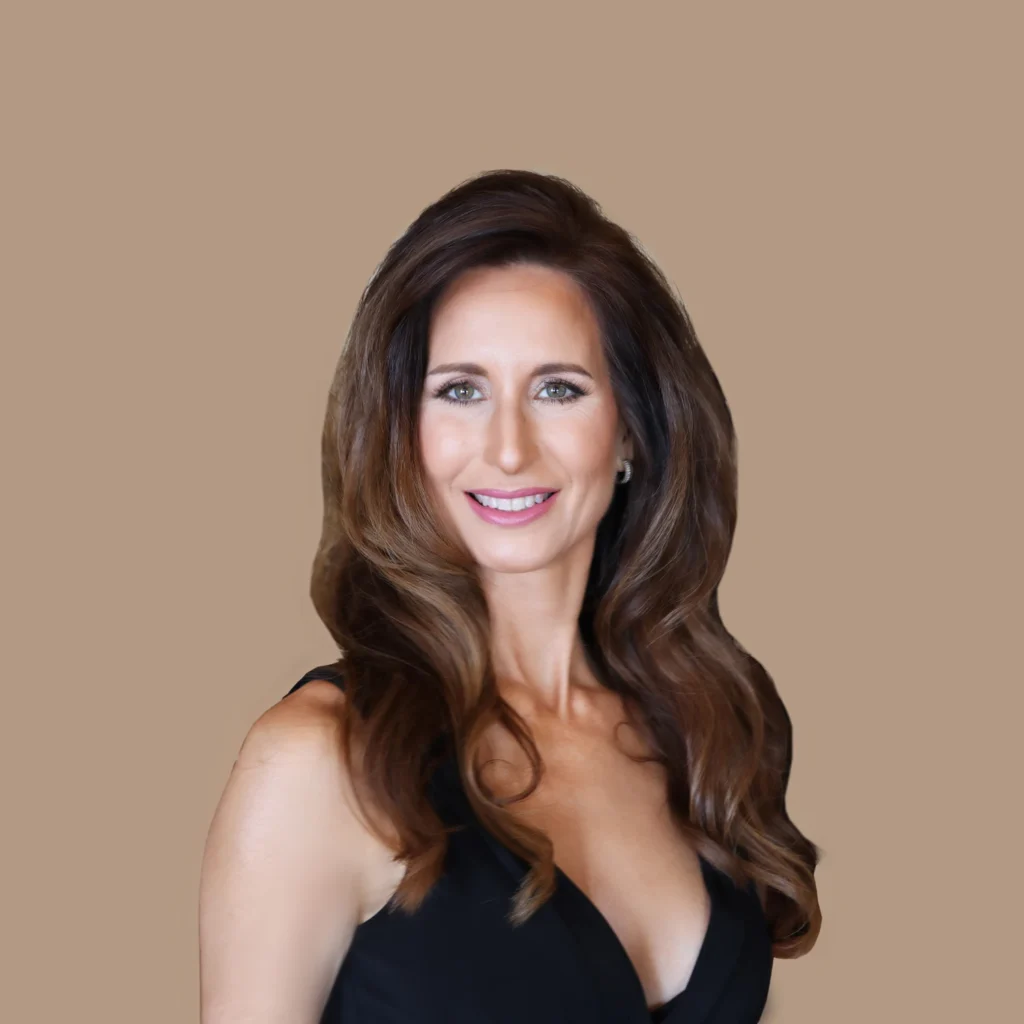

The world of advanced skincare, choosing the right ingredients for your skin can feel like navigating a maze. One of the most common skincare dilemmas faced by clients and enthusiasts alike is deciding between retinol and bakuchiol. While both promise smoother, firmer, more youthful skin, they differ greatly in terms of strength, side effects and suitability for certain skin types. At Aby Ashland, we understand the importance of making informed skincare decisions. With over 29 years of hands-on experience in medical esthetics and laser skin rejuvenation, our expertise guides clients toward treatments and products that work in harmony with their skin. This blog explores the differences between retinol vs. bakuchiol, offering science-based insights, expert recommendations and easy explanations to help you determine what’s best for your unique needs.
Retinol is a form of vitamin A and a true powerhouse in the world of skincare. It’s one of the most researched and proven ingredients for treating a wide range of skin concerns—from acne to aging. Once applied, retinol converts into retinoic acid in the skin, speeding up cell turnover and increasing collagen production.
Used properly, retinol improves:
Common in prescription-strength formulas like tretinoin, and over-the-counter options such as Paula’s Choice Retinol, this ingredient is backed by dermatologists globally. However, retinol’s strength can sometimes lead to side effects, including peeling, irritation and redness—especially during the first few weeks of use. Despite its potency, retinol isn’t for everyone. Sensitive skin types often find it too harsh. People with conditions like rosacea, eczema or pregnancy-related skin concerns may need an alternative approach. This is where bakuchiol comes into the picture.
Bakuchiol is a plant-derived compound extracted from the Psoralea corylifolia plant, traditionally used in Ayurvedic and Chinese medicine. Dubbed the “natural retinol,” bakuchiol mimics many of retinol’s effects without the harshness.
Although chemically different from retinol, bakuchiol offers similar benefits, such as:
The major advantage? Bakuchiol accomplishes this without causing redness, dryness or flaking. It’s ideal for sensitive skin, pregnant or breastfeeding individuals and those pursuing a clean, botanical skincare routine. There’s also research and user-based evidence, especially in retinol vs bakuchiol Reddit discussions, highlighting its gentle efficacy. While results may take slightly longer to appear compared to retinol, the lower risk of irritation makes it a safer long-term choice for many.
The question “Retinol vs. Bakuchiol: Which is better?” depends entirely on your skin type, goals and tolerance. Let’s explore their key differences in more detail:
Users often explore this comparison further through content like bio retinol vs bakuchiol, phyto retinol vs bakuchiol, or even retinol vs retinal vs bakuchiol to determine the best formulation for their goals.
If your skin is:
Then retinol may be the right choice. It works particularly well for individuals looking for faster, more intense results. However, it’s essential to use retinol sparingly at first and always follow up with a hydrating moisturizer and broad-spectrum SPF. As an advanced anti-aging ingredient, retinol remains the gold standard, especially in clinical settings where professionals monitor your skin’s response over time.
Bakuchiol is ideal if your skin is:
Even those new to active skincare benefit from starting with bakuchiol serum, as it introduces anti-aging support without irritation. For some, bakuchiol is a lifelong skincare staple. For others, it acts as a steppingstone before transitioning to stronger ingredients like retinol or retinaldehyde. Recent studies comparing bakuchiol vs tretinoin suggest bakuchiol achieves comparable results without the unpleasant side effects. This makes it a powerful, reliable ingredient, especially for those seeking natural anti-aging solutions.
Yes, in some cases, you can use retinol and bakuchiol together. Some brands now create hybrid formulations that include both, offering the anti-aging power of retinol alongside the soothing nature of bakuchiol. Alternatively, users may apply retinol at night and bakuchiol in the morning to avoid doubling up on irritation. However, this kind of dual-use approach should be done cautiously, ideally under the supervision of a skincare professional.
🌿 Expert Note from Aby Ashland: If you’re considering combining these actives, always start slow. Mixing without professional guidance can lead to compromised skin barriers or unwanted reactions.
For more tips on how to layer ingredients correctly or safely start a retinol-based routine, visit our Blog or consult us directly at Aby Ashland.
At Aby Ashland, we believe in tailored skincare solutions. Here are some expert-backed tips to help you choose:
And remember, no ingredient works in isolation. Your skin’s success also depends on proper cleansing, hydration, sun protection, and consistency.
So, Retinol vs. Bakuchiol Which One Is Right for You? There’s no one-size-fits-all answer. If you’re looking for dramatic results and your skin can handle active ingredients, retinol may be your best ally. On the other hand, if you value gentleness, safety, and plant-based care, bakuchiol is a brilliant alternative. Whichever route you choose, ensure it aligns with your skin’s needs—not just trends. At Aby Ashland, we don’t just follow the skincare buzz—we lead with science, experience, and empathy. Explore our in-depth About Us page to learn more about our philosophy and visit our Blog for trusted tips that help your skin thrive—naturally and beautifully. Your skin deserves expert care. Let Aby Ashland guide your journey with real advice, real experience, and real results.


Subscribe and get weekly skincare tips, expert advice, and exclusive freebies delivered straight to your inbox. From step-by-step routines to downloadable PDFs, we’ll keep you glowing all year long.
